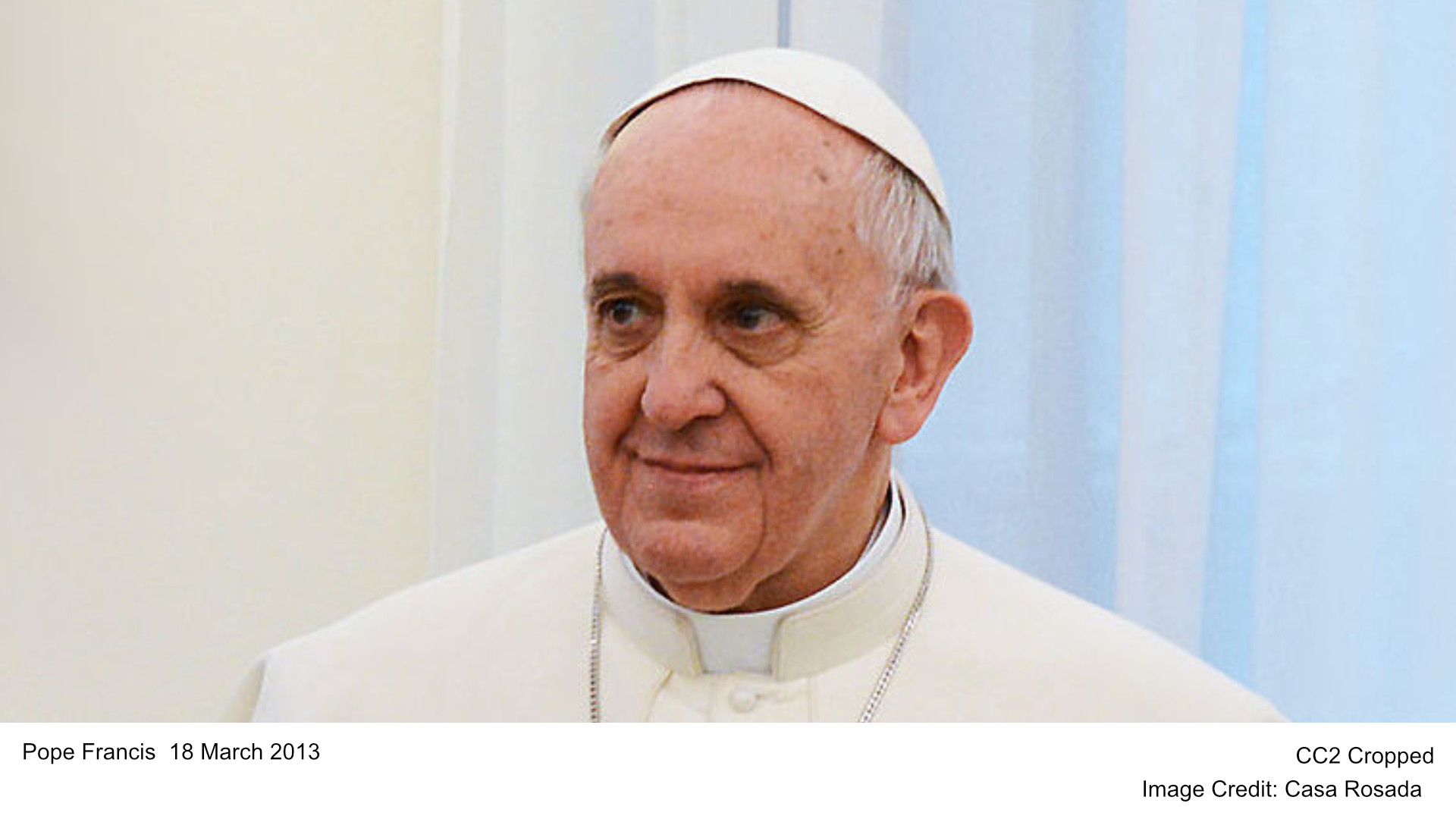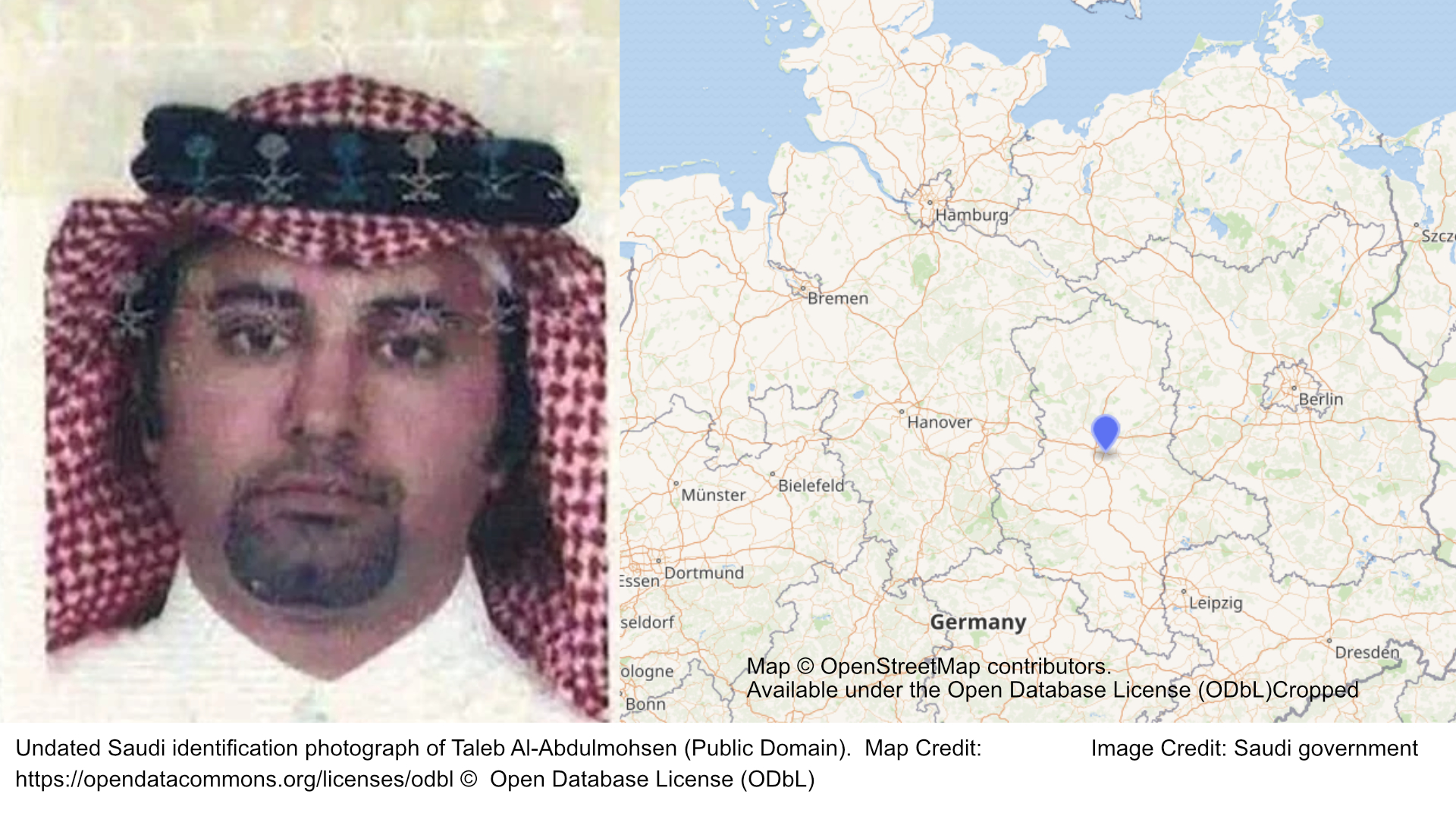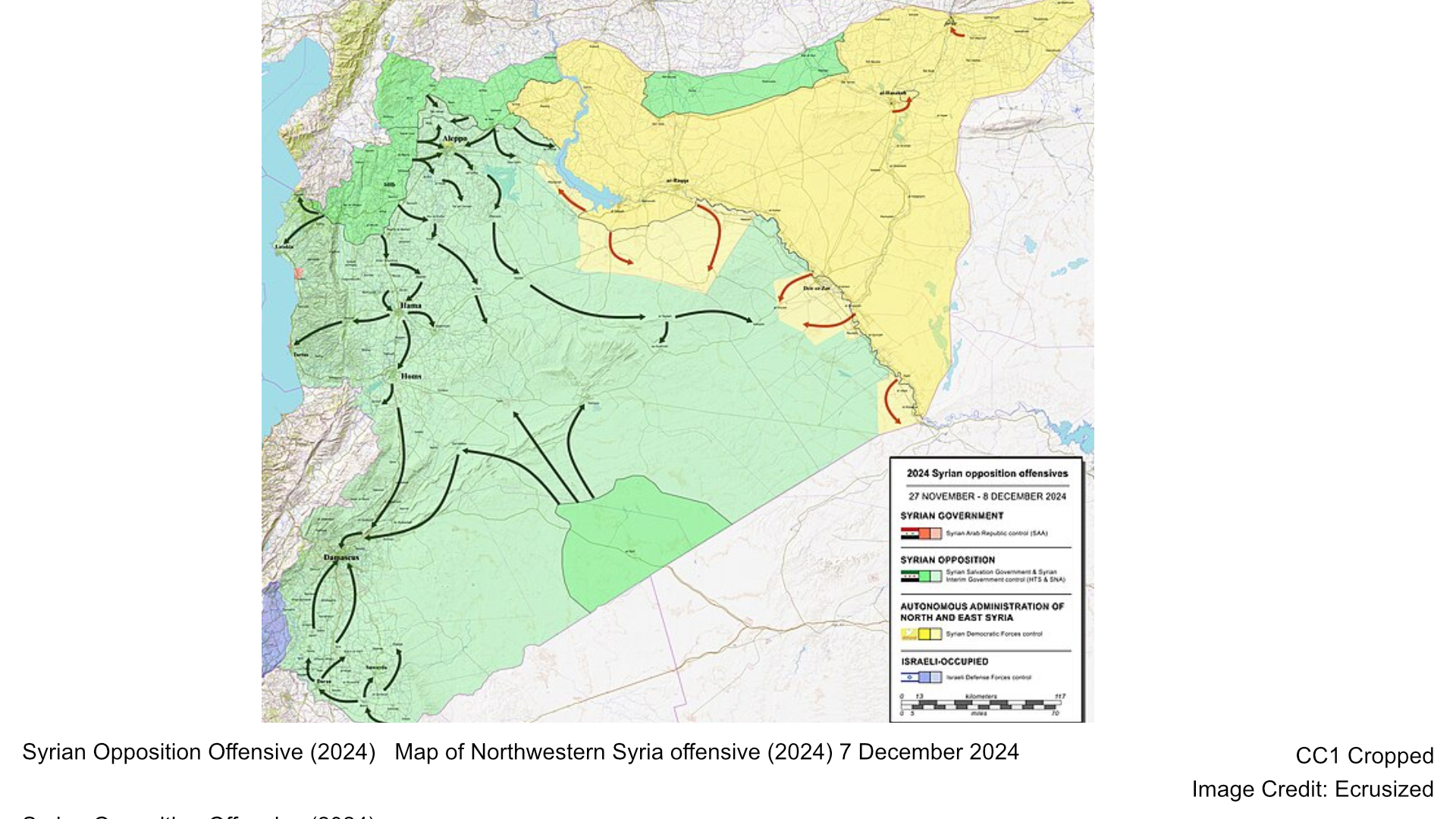The killing of Hezbollah leader Hassan Nasrallah in an Israeli airstrike has intensified the already volatile situation in the Middle East. The strike, which targeted Hezbollah’s central headquarters in Beirut, resulted in the deaths of at least two people and dozens of injuries, according to Lebanon’s health ministry.
- Hezbollah leader Hassan Nasrallah was killed in an Israeli airstrike on the group’s headquarters in Beirut, marking a significant escalation in the ongoing conflict.
- The airstrike, confirmed by both Israeli and Hezbollah sources, followed a year of rising tensions, including recent explosions across Lebanon that killed 12 people.
- President Biden called Nasrallah’s death a “measure of justice,” emphasizing U.S. support for Israel while urging diplomatic efforts to reduce conflict.
- Nasrallah, a controversial figure, was both revered for expelling Israeli troops from Lebanon in 2000 and condemned for attacks on U.S. and Israeli forces.
Nasrallah’s death was confirmed by both Israeli and Hezbollah sources. The airstrike, part of a broader campaign by Israel against Hezbollah, came shortly after Prime Minister Benjamin Netanyahu’s speech at the United Nations, where he pledged to continue attacks on Iranian-backed fighters in Lebanon, as reported by Fox News.
This escalation follows a year of increasing hostilities, with Hezbollah launching rockets and drones into Israel. The conflict reached a new peak with the recent explosions across Lebanon that killed 12 people, including two children, and wounded thousands. Lebanon’s public health minister confirmed the casualties resulting from these attacks.
President Biden called Nasrallah’s killing a “measure of justice,” highlighting Hezbollah’s responsibility for the deaths of hundreds of Americans and thousands of Israelis and Lebanese civilians. The President reiterated the U.S. administration’s support for Israel’s right to self-defense while emphasizing the need for diplomatic efforts to de-escalate the conflict.
Nasrallah, known for his charismatic leadership and fiery speeches, became an icon in 2000 after leading Hezbollah in a war that expelled Israeli troops from southern Lebanon. He was a controversial figure, revered by many Arabs but also responsible for numerous attacks, including the bombing of the U.S. Marine barracks in Lebanon in the early ’80s.
As NBC highlighted, tensions in the Middle East have dominated President Biden’s final year in office. His administration has taken steps to enhance the defense posture of U.S. military forces in the region, aiming to address the threats posed by groups like Hezbollah, Hamas, and other Iranian-backed entities.





